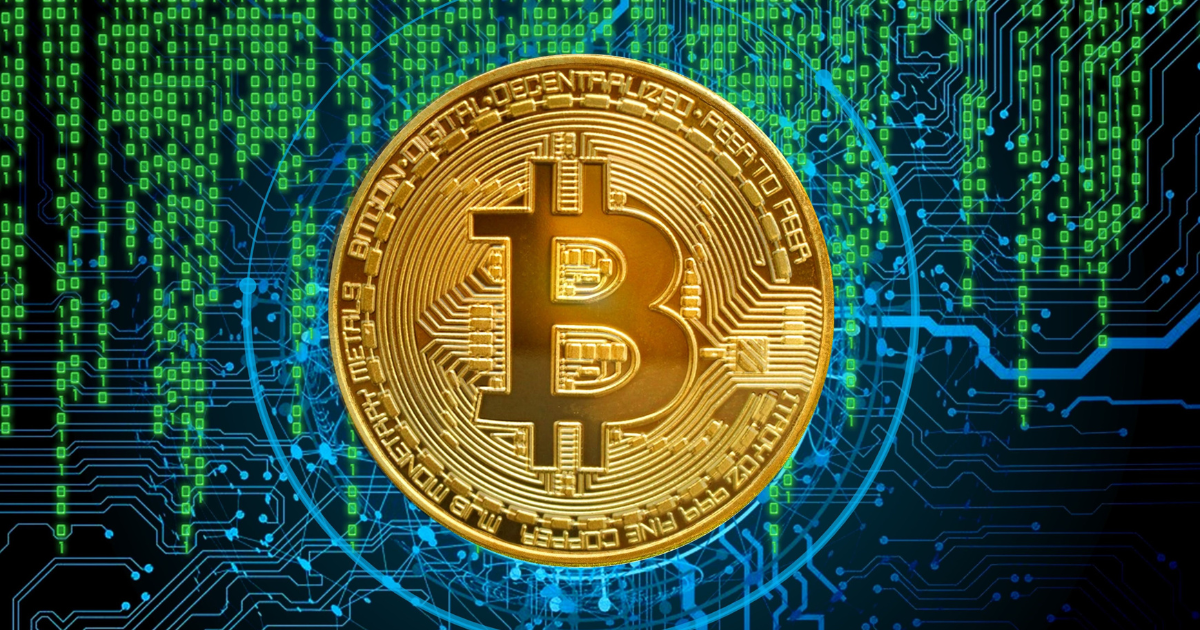Stored asset or global currency? By the end of 2013, the Bitcoin had gone from a bartering chip to asset price of USD $1000 per trading unit on the global market. The popularity of Bitcoin since 2009, has created an open source exchange based on a peer-to-peer payment network.
In 2014, the future of Bitcoin is uncertain. U.S. federal government closure of some bitcoin treasuries, has induced more risk, yet also speculation that the risks attendant to this convertible asset will continue to drive demand by investors seeking safe haven financial instruments. The finite release of bitcoin, and definitive number of replications a mine can make during a year mean that slow growth is built in. Based on a predictable number of bitcoin transactions per hour, investment advisors are not able to predict value.
When Bitcoin was first developed by, Satoshi Nakamoto, the concept of encrypted data as alternative currency was nascent. Since then, data mining has offered the promise of a discretionary asset, separate yet exchangeable for currency. Indeed, the first bitcoin transactions were proof-of-work payment or other compensatory conversion.
How Bitcoin Is Mined
The mining of Bitcoin with hardware innovated to capture data connected to trade values designated by peer-to-peer discernment of what work or alternate exchange value is worth has undergone several technological updates proffered by developers seeking competitive advantage in speed. This is of interest to investors as well. How fast and well a bitcoin mine accumulates data has much to do with profit.
Computer operating systems outfitted with new bitcoin infrastructure process data puzzles transmitted at time of trade. Mining capacity increases with optimized infrastructure. Bitcoin is transmitted via Web-based bitcoin trading platforms set-up for exchange.
Bitcoin mines automatically accumulate bitcoin to a new owner. Once a miner is listed on a Bitcoin trading platform, they are able to exchange at least part of the results from their mining to currency. Most bitcoin exchange for monetary value is conducted at a 1% fee.
Miners or bitcoin investors, hold wallets. A Bitcoin wallet contains a list of addresses. Most bitcoin exchanged on trading platform is ‘minted’ – accorded monetary value. The bitcoin blockchain log is a transaction record of bitcoin trades. Listing of blockchain identifying a particular bitcoin transaction records the result of the distributed network of cryptographic mining in a number.
Similar to share trading, double spending on blockchain is prohibited by its uniqueness, and contract purchase by an owner. Trade signals the exchange of a bitcoin blockchain to another. Bitcoin exchanges between miners is final and non-refundable. Transactions are irreversible once a contract is confirmed.
Market Exchange
The accord of USD currency price to Bitcoin has been essential to exchange on the secondary markets. Initial public offering (IPO) issuance and listing of pioneering bitcoin trade exchanges, has ultimately expanded the secondary markets as those companies prepare to compete for shareholders.
The exchange of bitcoin as transfer asset or currency value has become the two most popular methods of capturing value from data. The fact that miners increase liquidity through accumulation of blockchain frequencies, means that competition for faster mining infrastructure. This has developers stimulated as the debate over how far Bitcoin can go heat up the financial sector press.
Investors say that Bitcoin’s resolution is perhaps best equated with a deflationary currency. Disaggregation of bitcoin is virtually limitless. Part of the argument for continuation of bitcoin as a currency, is that it has the potential to be disaggregated into millions of units per blockchain transaction.
The Future of Bitcoin
When the price of Bitcoin reached USD $1,000 per share in Q3FY13, Nakamoto’s vision of an alternative form of exchange value in data was realized. What was once exclusively a peer-to-peer bartering currency, has now advanced as a standard value that can be used for exchange by way of traditional financial instruments.
The mainstreaming of Bitcoin has had its detriments as well. The announcement of the U.S. federal government that it is continuing investigation into bitcoin treasuries, and potential closure of the bitcoin marketplace has many U.S. investors worried. Still widely traded around the globe, the world’s first true alternative currency is showing that it had more power than originally predicted.



